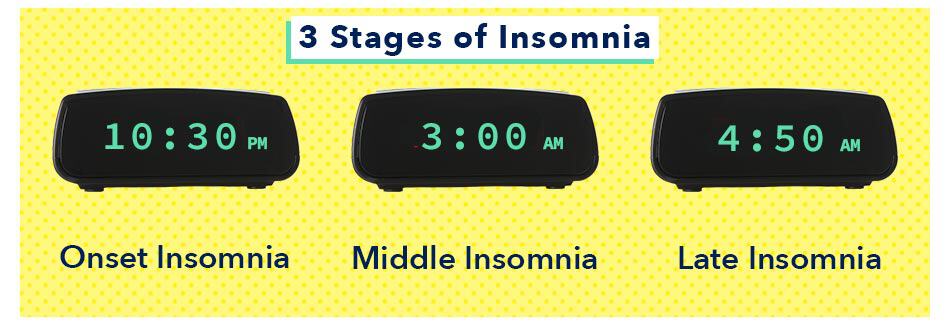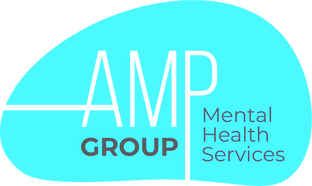What is insomnia?
Insomnia is defined as a common sleep disorder where a person may have difficulty falling asleep and/or staying asleep. Those who suffer from the sleep condition will wake up not feeling well rested despite several hours of sleep. For this reason, insomnia causes fatigue throughout the day and people with insomnia experience difficulty getting through the day and functioning normally. When speaking of sleep in relation to mental health, poor sleep can, as Time to Change describes, “be a good indicator of declining mental health – an early warning sign.”

Recognizing symptoms of insomnia
The following are symptoms by which to recognize insomnia:
- You have trouble actually falling asleep after physically going to bed
- You worry you won’t actually fall asleep, so you end up lying awake for most of the night
- You have consistently broken or interrupted sleep from which you awake not feeling refreshed
- You wake up too early and aren’t able to go back to sleep and stay asleep
In parallel to these directly sleep related symptoms, you may start to recognize these cognitive and emotional symptoms while awake:
- Fatigue
- Mood changes including irritability
- Not being able to remember things
- Having difficulty concentrating
Those that experience symptoms may have either chronic insomnia or acute insomnia. The former is when the disorder happens 3 nights a week or more for 3+ months. The latter is when it happens 1 night a week to a few weeks. (Source 1) (Source 2)
Causes of insomnia
Many aspects of our daily lives, coupled with pre-existing behavioral conditions or mental health disorders, may cause insomnia. It is therefore difficult to pinpoint specific causes. For example, according to Penn Medicine, some lifestyle habits that may contribute to the sleep disorder include:
- Going to bed at a different time each night
- Daytime napping
- Poor sleeping environment, such as too much noise or light
- Spending too much time in bed while awake
- Working evenings or night shifts
- Not getting enough exercise
- Using the television, computer, or a mobile device in bed

Penn Medicine also includes causes of insomnia as it pertains to the use of different medicines and drugs:
- Alcohol or other drugs
- Heavy smoking
- Too much caffeine throughout the day or drinking caffeine late in the day
- Getting used to certain types of sleep medicines
- Some cold medicines and diet pills
- Other medicines, herbs, or supplements
As mentioned, preexisting mental health disorders may also contribute to insomnia, including depression, anxiety, stress and bipolar disorder.
Restful sleep is indispensable for good physical and mental health. If you already suffer from any of the mental health disorders mentioned above, insomnia can worsen them. According to this 2008 study in Dialogue in Clinical Neuroscience, “About three quarters of depressed patients have insomnia symptoms, and hypersomnia is present in about 40% of young depressed adults and 10% of older patients, with a preponderance in females.”
Health problems such as physical pain and discomfort from injuries or nerve disorders like arthritis can cause also disrupted sleep leading to insomnia. Insomnia in pregnancy is also common in the second and third trimesters as expectant mothers struggle with more frequent pain and general physical uncomfortableness. Frequent nighttime bathroom use as a result of UTI infections or enlarged prostates in men, and sleep apnea can also contribute to insomnia.
The Three Stages of Insomnia
 Source: 11 Types of Insomnia — Causes and Treatments by Rose MacDowell, Sleepopolis
Source: 11 Types of Insomnia — Causes and Treatments by Rose MacDowell, Sleepopolis
The three stages of insomnia correspond to whether you have trouble falling asleep or staying asleep. For instance, if you go to bed at 10:30pm but lay awake for hours, unable to fall asleep, that’s considered onset insomnia. Middle insomnia is related to interrupted sleep throughout the night—you may fall asleep at 11pm, wake up at 1am, fall back asleep, wake up again at 3am, etc. Late insomnia refers to waking up too early and not being able to fall back asleep.
Types of Insomnia
Insomnia can manifest in different ways and stem from various causes. Below are 4 of the most common types of insomnia.
- Adjustment insomnia is insomnia caused by a specific life altering event, which can be either positive or negative, but the underlying emotions are often “stress, anxiety, or lack of familiarity“
- Drug or substance-induced insomnia refers to insomnia caused by medication and recreational drug-use. In these cases, sleep is disrupted by things like cannabis, alcohol, opioids and even coffee.
- Comorbid insomnia arises in combination with other illnesses and disorders. According to Sleeopolis, “The most common conditions that trigger comorbid insomnia symptoms are psychiatric issues like anxiety, depression, and bipolar disorder.”
- Conditioned or Psychophysiological insomnia is defined as a sleep order that “occurs when insomnia becomes a conditioned reaction to going to bed. This response is usually the underlying mechanism behind chronic insomnia. Sufferers often experience an event that causes insomnia symptoms, but once the trigger is removed, the insomnia remains.”
How to Treat Insomnia
The key to treating insomnia lies in understanding its root cause as well as the type of insomnia. For example, when dealing with adjustment insomnia it is best to learning effective coping techniques for the emotions the life altering event is causing disordered sleep. If treating drug or substance-induced insomnia, it’s wise to address the consumption and side effects on sleep.
Sleep Hygiene—What is it?
However, regardless of the type of insomnia, basic improvements to sleep hygiene can certainly result in improved sleep. Sleep hygiene refers to one’s habits and routines related to sleep. Below are 3 tips to help improve sleep hygiene:
-
Limit electronic devices before bed
Research shows that the blue light emitted by our electronic devices “delay the natural production of melatonin in the evening and decrease feelings of sleepiness. Blue light can also reduce the amount of time you spend in slow-wave and rapid-eye movement (REM) sleep, two stages of the sleep cycle that are vital for cognitive functioning.” (Source) PRO TIP: Set alarms on your phone 1 hour-1.5 hours before bedtime and charge phone on opposite side of the bedroom. If you can, it’s even better to charge your phone in a separate room entirely and have a regular alarm clock in the bedroom.
-
Establish an exercise routine
Exercise is often regarded as the quickest way to improve sleep quality and is highly favored as a treatment for disturbed sleep “due to its wide-ranging health benefits, minimal cost and side effects, and accessibility.” (Source) PRO TIP: Don’t try to do too much to start off. Instead of trying to do vigorous exercise 3-4x a week, start with a 15-30min walk every day and build from there. Any movement is better than no movement at all and can help with insomnia.
-
Listen to 432Hz Music
While the effects of music on the sympathetic nervous have been studied time and time again, literature specific to the effects of 432Hz music in particular isn’t as common. Yet the literature that is readily available demonstrates a positive impact on the time it takes to fall asleep and stay asleep as a result of listening to this specific frequency before bed. This is largely attributed to the frequencies calming effect. (Source) PRO TIP: You can find 432Hz music playlists, such as this one, on Spotify.





